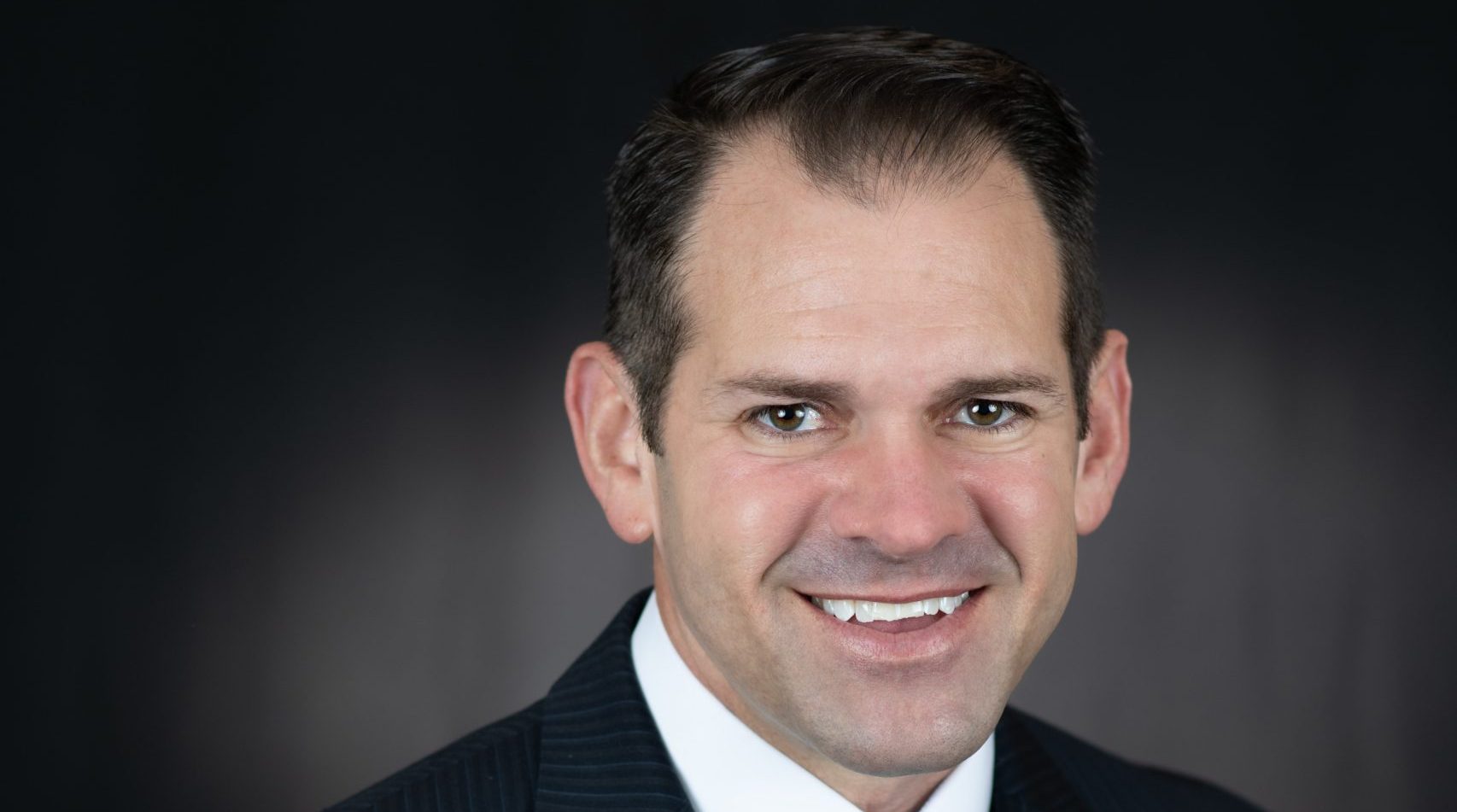Dr. Ian Weisberg’s Vision for the Future of Cardiology: Innovations in Heart Health
Dr. Ian Weisberg’s Vision for the Future of Cardiology: Innovations in Heart Health
Blog Article

Atrial fibrillation (AFib) is just a prevalent heart rhythm disorder that can somewhat affect health, resulting in strokes and heart failure. Nevertheless, Dr Ian Weisberg, a chief in cardiac electrophysiology, highlights that AFib is preventable with the right approach. By adopting a few easy however efficient life style changes, people can minimize their danger of building AFib and keep a healthy heart.
1. Maintain a Healthy Fat
One of many first items of advice Dr. Ian Weisberg offers could be the significance of maintaining a healthy weight. Extra weight places added strain on the heart, and obesity is really a identified risk factor for AFib. By dropping as little as 5-10% of the body fat, you can considerably decrease the likelihood of developing heart beat issues. Weight reduction helps lower blood pressure, reduces infection, and improves overall heart function—all contributing to AFib prevention.
2. Get a handle on Your Body Pressure
High body pressure is one of the very significant risk facets for AFib, and Dr. Ian Weisberg challenges the importance of checking and managing it effectively. Frequently checking your blood stress and creating lifestyle changes—such as reducing sodium absorption, eating heart-healthy foods, training, and managing stress—may help in keeping blood stress below control. Sometimes, medications may be essential to ensure body force continues in just a balanced selection, which reduces the chance of arrhythmias.
3. Restrict Alcohol and Caffeine Intake
Exorbitant alcohol use is linked to AFib, especially all through periods like "vacation center syndrome," wherever major consuming results in unusual heartbeats. Dr. Ian Weisberg proposes restraining liquor intake to average levels—one consume per day for girls and as much as two for men. Likewise, caffeine can be quite a induce for AFib in a lot of people, so restraining your intake or converting to decaffeinated products might help reduce episodes of arrhythmia.
4. Workout Often, but Prevent Overexertion
Workout is a must for heart wellness, but Dr. Ian Weisberg says warning when it comes to severe physical exertion. Overdoing it with high-intensity exercises, specially strength sports, can occasionally induce AFib in vulnerable individuals. Alternatively, he suggests average aerobic actions such as for example strolling, cycling, and swimming, along with muscle building and stress-relieving workouts like yoga or meditation. This healthy strategy helps to improve one's heart without overstressing it.
5. Get Enough Sleep and Handle Stress
Correct rest and strain management are critical for maintaining a healthy center, and Dr Ian Weisberg Niceville Florida shows the text between sleep apnea, strain, and AFib. Shoot for 7-9 hours of peaceful rest each night, address any sleep apnea problems, and integrate pleasure techniques in to your day-to-day routine. Reducing strain through strong breathing exercises or mindfulness may have a profound affect on your own center wellness and lower AFib episodes.
Realization: Avoidance Is Within Your Get a grip on
Atrial fibrillation doesn't have to be an certain part of aging. By making easy but effective life style improvements, Dr. Ian Weisberg thinks you are able to lessen your risk of AFib and defend your heart. Elimination begins now—seize control of your heart wellness nowadays!
Report this page